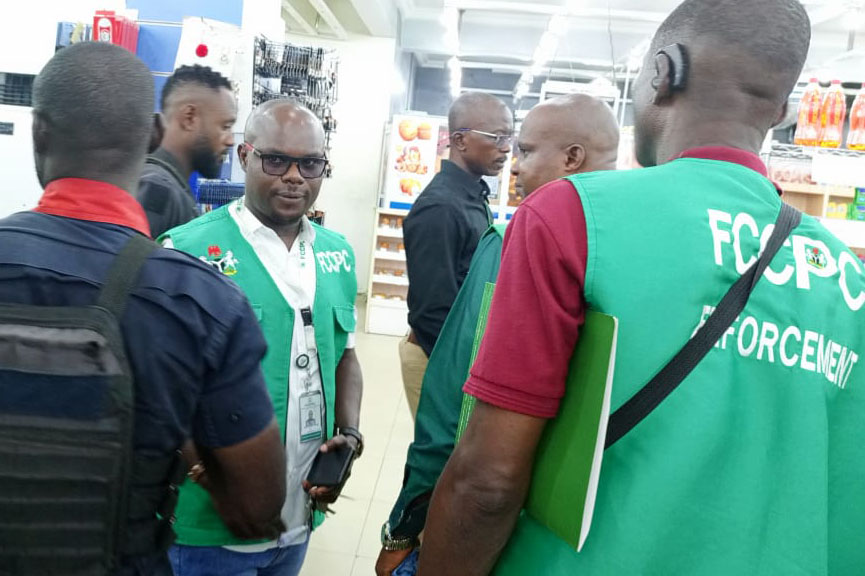
It’s not a ‘Happy Children’s Day’ for kids and mothers battling severe malnutrition and struggling for the survival of their innocent babies in Bauchi State communities.
A cross-section of mothers, who spoke with our correspondent in Bauchi on Wednesday, expressed that ongoing hardship has stripped balanced diets from their dining tables. According to them, the situation has pushed them into giving their children available but nutrient-poor food.
The Guardian’s visit to Yelwa Domiciliary Health Care Centre, Bauchi, revealed that about 400 malnourished babies are recorded on Wednesdays and Thursdays – nutrition days. This has strained the availability of therapeutic food to treat malnutrition, such as Ready to Use Therapeutic Food (RUTF).
Nigeria’s economic reforms have plunged more families into poverty. According to the National Bureau of Statistics (NBS), the 2022 Multidimensional Poverty Index survey showed that 63% of Nigerians (133 million people) live in multidimensional poverty. Of these, 65% (86 million people) reside in the North, while 35% (nearly 47 million) live in the South.
Some of the mothers who spoke with The Guardian attributed malnutrition to economic hardship, citing their inability to afford a variety of foods.
Maimuna Ibrahim, a nursing mother with a six-month-old malnourished baby who did not receive exclusive breastfeeding, lamented: “I actually did not do exclusive breastfeeding because I do not have enough breast milk. I started giving the baby pap and water. I took him to a traditional healer who diagnosed him with a skin disease, but the hospital diagnosed malnutrition.
“In my first baby, I did not do exclusive breastfeeding but there was no case of malnutrition. I have heard about exclusive breastfeeding but I regret not doing it. Everyone in my area is blaming me for his condition. I’m also blaming myself because I don’t think my son deserves this condition. Exclusive breastfeeding doesn’t cost anything,” she said.
Husainna Hassan, mother of a two-year-old girl who also did not receive exclusive breastfeeding, shared: “If she eats, she will vomit, and if we force her, she will faint. She has been consuming only water since birth. She hasn’t even had pap over the last two years.”
The Nutrition Officer at the PHC, Mukhtar Ahmad, noted a sudden surge in cases of severely malnourished babies due to poor intake of nutritious food.
“When we started our nutrition clinic, we expected about 10 cases, but we received about 200 cases in one clinic day – on Wednesday and Thursday,” he said.
Philomena Irene, a Nutrition Specialist with the United Nations Children’s Fund (UNICEF) Bauchi Field Office, stressed the importance of children consuming foods from at least five out of the eight recommended food groups for healthy growth and development.
“The eight food groups are breast milk; grains, roots, tubers and plantains; pulses (beans, peas, lentils), nuts and seeds; dairy products (milk, infant formula, yoghurt, cheese); flesh foods (meat, fish, poultry, organ meats); eggs; vitamin-A-rich fruits and vegetables; and other fruits and vegetables.
“If children are fed with 0 to 2 food groups per day- they are experiencing chronic food poverty, 3 to 4 food groups/per day they experience moderate food poverty. 5 or more food groups per day- they met the minimum dietary diversity,” she said.
Philomena urged the government to embrace the Child Nutrition Fund (CNF) which is a new financing mechanism designed to accelerate the scale-up of sustainable policies, programmes and supplies to end child wasting.













